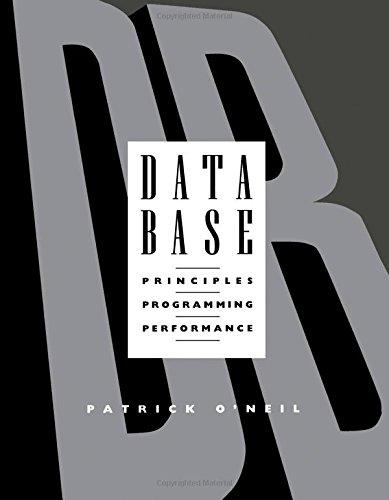Question
programming in java Implement a class Car, which contains the fields: make, e.g. Ford, Subaru, Toyota ... model, e.g., Escape, Outback, Camry ... year MPG
programming in java
Implement a class Car, which contains the fields:
make, e.g. Ford, Subaru, Toyota ...
model, e.g., Escape, Outback, Camry ...
year
MPG miles per gallon
milesDriven, the total number of miles ever driven in this car.
fuelCapacity in gallons, i.e., the size in gallons of the fuel tank.
fuelRemaining, which represents the amount of fuel remaining in the gas tank.
Implement at least the following methods within the Car class:
a constructor, which initializes each of the fields
fillTank(double g), which adds up to g gallons of gas to the fuel tank, but not more than the car's fuel capacity.
drive(double m), which simulates driving m miles in the car, adding to the total number of miles driven, and reducing the amount of gas in the car according to this car's average MPG.
toString( ), which returns a String representation of the car.
getFuelRemaining( ), which returns the amount of fuel left in the tank.
For example, we should be able to do something like the following:
Car oldJunker = new Car("Ford", "Pinto", 1972, 17.5, 12, 8); // creates a new Car object oldJunker.drive(5); // drives the Car 5 miles oldJunker.fillTank(1); // put in a gallon of gas System.out.println(oldJunker.getFuelRemaining()); // prints the amount of fuel left System.out.println(oldJunker); // prints the attributes of the car to the screen Write a short driver program to test your Car class with a short array of Cars.
Fractions (35 points)
Write a class used to represent fractions. It should contains fields for numerator and denominator, and it should be able to perform some simple arithmetic operations.
The fields are:
numerator
denominator
Implement at least the following methods:
public Fraction(int n, int d)
Constructor that creates a Fraction with numerator and denominator d. If d is 0, throw an ArithmeticException. This can be done with the statement throw new ArithmeticException();
public int getNum()
Returns the value of the numerator field
public int getDenom()
Returns the value of the denominator field
public void setNum(int n)
Sets the numerator field to the value given in n
public void setDenum(int d)
Sets the denominator field to the value given in d. If d is 0, throw an ArithmeticException.
public Fraction add(Fraction a)
Returns the fraction that is the sum of the subject of the method and a. For example (new Fraction(3,4)).add(new Fraction(1,4)) is 16/16 i.e 1/1 We sum the fractions a/b and c/d as (a*d+b*c)/b*d then reduce.
public boolean equals(Fraction a)
Returns true if subject of method and argument of call are equal. Fractions a/b and c/d are equal if a*d and b*c are equal or since the fractions are normalized, if a==c and b==d.
public String toString()
Returns a String representation of the fraction. For example, if the numerator is 1 and the denominator is 2, the String "1/2" is returned.
Fractions should be stored in reduced form. For example, 2/4, 3/6, 4/8, etc. should all be stored as 1/2. 4/10 should be stored as 2/5. Use the Euclidean Algorithm for determining the greatest common divisor, so that you can store fractions in reduced form.
Write a simple main driver method to test your fraction class and each of its methods.
Step by Step Solution
There are 3 Steps involved in it
Step: 1

Get Instant Access to Expert-Tailored Solutions
See step-by-step solutions with expert insights and AI powered tools for academic success
Step: 2

Step: 3

Ace Your Homework with AI
Get the answers you need in no time with our AI-driven, step-by-step assistance
Get Started


